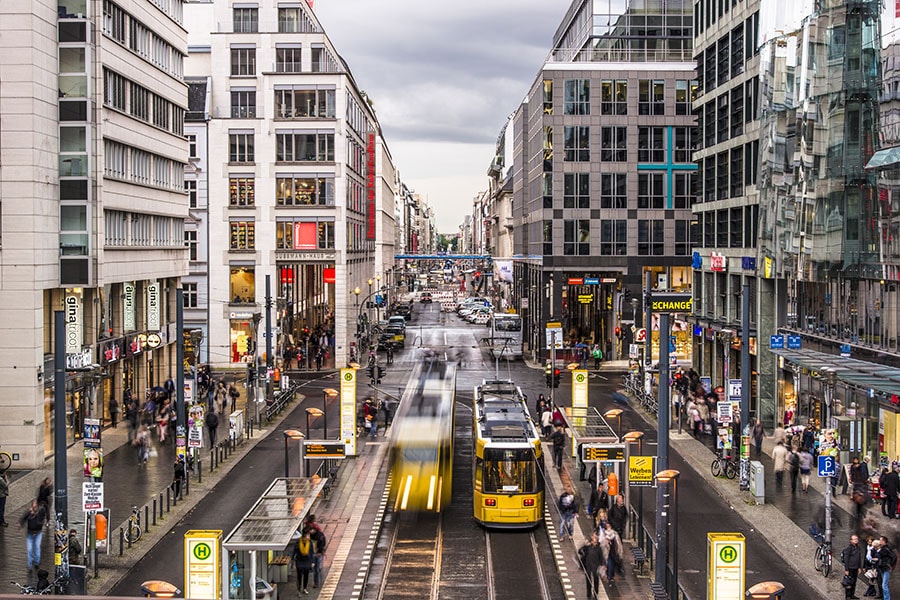
Berlin is giving young people €50 to go to museums, theatres, and nightclubs
Berlin's Jugendkulturkarte, or Youth Culture Card, is a prepaid card offering young people €50 to spend on the cultural experience of their choice, valid from February 1. They can choose to use this allowance to visit 200 cultural venues in the city for free
 Berlin's Jugendkulturkarte, or Youth Culture Card, is a prepaid card offering young people €50 to spend on the cultural experience of their choice, valid from February 1. They can choose to use this allowance to visit 200 cultural venues in the city for free
Image: Shutterstock
Berlin's Jugendkulturkarte, or Youth Culture Card, is a prepaid card offering young people €50 to spend on the cultural experience of their choice, valid from February 1. They can choose to use this allowance to visit 200 cultural venues in the city for free
Image: Shutterstock
Like several other European countries, Germany allocates a certain amount of money to young people so that they can access all kinds of cultural experiences. Thanks to a new initiative, young people in Berlin can use prepaid credit to pay for cinema tickets, buy books, visit museums... or even go to some of the capital's nightclubs.
Berlin's Jugendkulturkarte, or Youth Culture Card, is a prepaid card offering young people €50 to spend on the cultural experience of their choice, valid from February 1. They can choose to use this allowance to visit 200 cultural venues in the city for free. Among them are museums, theaters and movie theaters, but also the AVA Club and Cassiopeia Berlin, two of the German capital's most famous nightclubs.
Indeed, the Berlin Senate Department for Culture and Europe has chosen to include a dozen nightclubs in the cultural offer of the Jugendkulturkarte. Klunkerkranich, a vast rooftop terrace that looks like an open-air disco, is one of them, as is the Busche Club, designed by and for LGBT clubbers, not to mention Gretchen, located in former Prussian stables. Prachtwerk, Ritter Butzke Schwuz and the SO36 complete the list.
While this initiative may sound surprising, Senator Klaus Lederer sees it as a way to help young Berliners discover the diversity of the city's cultural and artistic scene. "The Jugendkulturkarte for 18- to 23-year-olds is aimed at a young audience that is just getting to know Berlin's diverse cultural landscape after the restrictions of recent years. We have been able to enlist many of our Berlin cultural institutions as partners and are delighted to be able to make a selection of cultural experiences possible with the Jugendkulturkarte that might not otherwise have been possible," he said in a statement.







